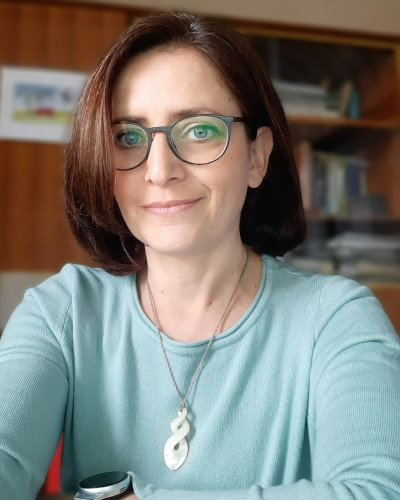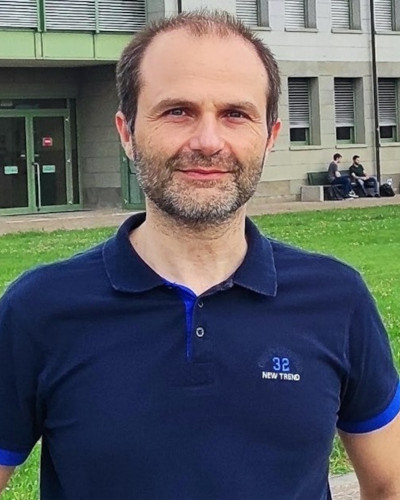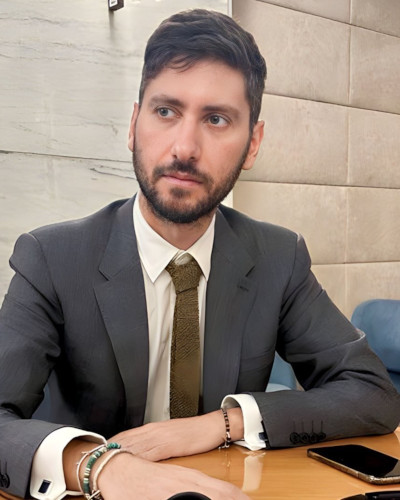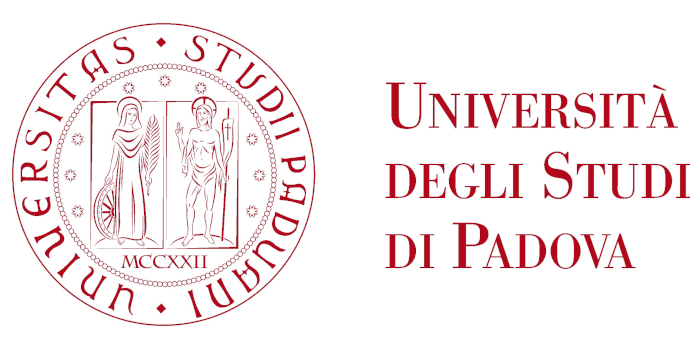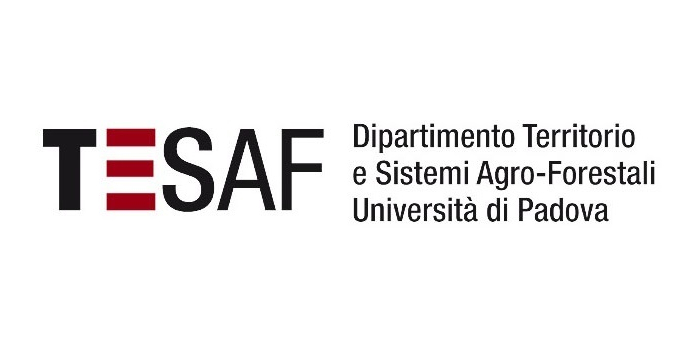SPECIAL SESSION #16
Livestock gaseous emissions from animal housing to the field: New advancement from Agritech center
ORGANIZED BY
Stefania Pindozzi
University of Naples, Italy
Francesco Marinello
University of Padova, Italy
Marco Bovo
Alma Mater Studiorum University of Bologna, Italy
Stefano Bigiotti
University of Tuscia, Italy
ABSTRACT
The study of the environmental impact caused by livestock activities, from animal housing and other facilities to manure management, is of undoubted importance and deserves continuous updating to respond to the introduction of new regulations.
TOPICS
This session will focus on the results of the first two years of the development of the Agritech Centre, concentrating on key points:
- New strategies for manure management, from treatments to spatial planning also with nature based solutions;
- New methodologies for energy and environmental assessment for livestock buildings with insight to innovative solutions for passive protection from heat;
- Development of design solutions for barns and livestock structures with high energy efficiency;
- Implementations of low-cost sensors for gaseous emissions from livestock activities.
ABOUT THE ORGANIZERS
Stefania Pindozzi, is an Associate Professor of Rural Buildings and Agro-forest Land Planning at the Department of Agricultural Sciences of the University of Naples, Federico II. Prof. Pindozzi graduated with honors in Environmental Engineering and holds a PhD in Science and Technologies for Environmental. Her primary research focuses on several areas: Developing optimal strategies for manure management to reduce environmental impact. Assessing ammonia emissions following animal manure application to soil, with a focus on innovative measurement techniques. Building land use change models for scenario analysis to evaluate landscape management strategies before or after implementation. Integrating spatial multi-criteria decision analysis with ecological indicators to support landscape management. Allocating spatial resources for energy crops and evaluating their potential environmental impacts.
Her research methods encompass open-field or small-scale experiments as well as the utilization of software such as ESRI ArcMap and InVest, tailored to the specific research objectives.
Francesco Marinello, is a full professor in biosystems engineering at the University of Padova (Italy). After his PhD in precision engineering and metrology jointly supervised by the Technical University of Denmark (Lingby, Denmark), he spent two years at the InterUniversity Center for Nanotechnologies (Venice, Italy) and two years at the University of Applied Sciences and Arts of Southern Switzerland (Lugano, Switzerland). Since 2012 he is researcher and since 2024 full professor at the University of Padova (Padova, Italy) and since 2017 Adjunct professor at the University of Georgia (Athens, USA): he is responsible for the courses in Agricultural Mechanics, Precision Farming, Applied Statistics and Unmanned Aerial Vehicles for Agriculture.
Marco Bovo, is Researcher of Rural Buildings and Agro-forest Land Planning at the Department of Agricultural and Food Sciences of the Alma Mater Studiorum University of Bologna. He has graduated with honours in Civil Engineering and he holds a PhD in Structural Engineering and Hydraulics. His main research activities deal with: design and calibration of environmental monitoring systems for greenhouse gas emission measurement, modelling and analysis of environmental parameters in agricultural, livestock and agro-industrial buildings, thermo-acoustic optimization of building envelopes, LCA and CFD simulations, structural design of civil and rural buildings, PLF systems, energy production by renewable sources. He is coordinator of the PRIN 2022 research project “One Sustainability vision in Dairy farms: a big Data approach for a perspective Decision-making (SUS3D)”. He is member of the Italian Association of Agricultural Engineering (AIIA), European Society of Agricultural Engineers (EurAgEng), and International Commission of Agricultural Engineering (CIGR).
Stefano Bigiotti, (Orvieto, 1987), Ph.D. in "Architecture - Theories and Design" at "Sapienza", University of Rome, has been combining his teaching and research activities with his work as an architect since 2013, successfully participating in national and international design competitions.
He is currently a researcher at the Department of Excellence in Agricultural and Forestry Sciences at the University of Tuscia, and is the author of monographs and numerous publications related to the field of architecture and environmental sustainability in the building sector.
Since 2018, he has also been a member of the Urban Planning Commission within the Order of ArchitectsP.P.C. of Viterbo and its province.


